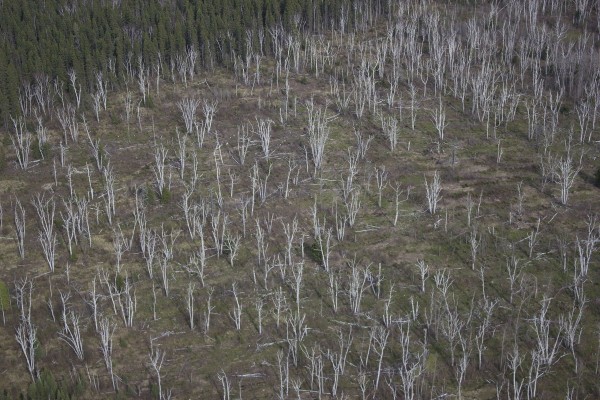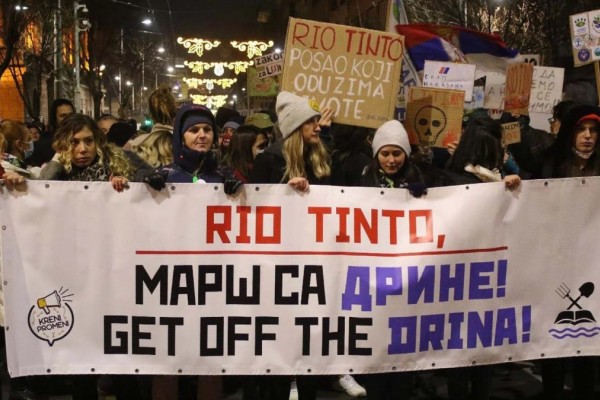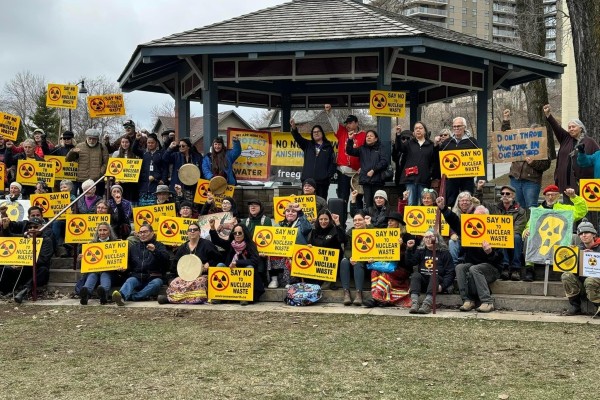-

‘The green transition is a myth’: Adam Hanieh on the ongoing centrality of oil to capitalism
Many vital left-wing books about global oil politics have been published over the last decade: Mazen Labban’s Space, Oil and Capital, Timothy Mitchell’s Carbon Democracy, and Simon Pirani’s Burning Up. Perhaps none have provided quite as sweeping and synthetic of an analysis as Adam Hanieh’s Crude Capitalism: Oil, Corporate Power, and the Making of the World Market.
-

The destruction of the UN is the destruction of the world
The destruction of Palestine means the destruction of the UN, and the destruction of the UN carries with it a grave risk of the destruction of life on this planet. The climate movement needs to fight to keep the UN alive at the same time as we demand that it adopt a more robust framework to confront the challenge head-on. Right now, that means opposing genocide and rejecting our government’s complicity in it.
-

Democratic breakdown or breakthrough?
The level of political consciousness of unionized workers in Weimar Germany was very similar to that of current progressive workers and equity advocates. Tragically, German progressives failed to take concerted action to mobilize democratic forces against Nazism until it was far too late. The consequences of inaction this time could be at least as devastating and even more enduring.
-

How did Trudeau’s performance stack up to his promises?
No government fulfils every promise it makes to voters at election time. Still, looking back on the Trudeau government’s performance over the past nine, sometimes chaotic years—with the exception of major policy achievements like child care, pandemic income supports and dental care—this government has consistently overcommitted and underdelivered.
-

Canadian forestation policies add fuel to the fires
Across Canada and abroad, the commercial forest industry has created monoculture conifer plantations of lodgepole pine, spruce and Douglas fir. It’s common practice to use glyphosate and brush saws in forests to destroy broadleaf species—such as aspen, birch, cottonwood, willow and alder—which are crucial for biodiversity and sequestering carbon.
-

Serbia’s ‘green transition’ undermining local interests
Serbia’s Jadar region is home to one of Europe’s largest untapped lithium deposits, and President Alexander Vučić recently inked a series of deals with the European Union “granting the EU and European carmakers exclusive access to Serbian lithium and paving the way for the construction of one of the largest lithium mines on the continent.”
-

The end of progressive neoliberalism in Canada
Elections highlight differences. Justin Trudeau and Pierre Poilievre already seem like opposites, and once the federal election campaign heats up, they will look even further apart. But after election day, magnified differences fade away. A Poilievre government would undoubtedly bring change, but also considerable continuity in critical areas.
-

The insanity of spending two percent of GDP on the military
Instead of prioritizing the unhoused and undoctored, and responding to the mounting climate challenge, the government of Justin Trudeau recently committed to a massive boost in military spending. As Yves Engler writes, the security of Canadians would be better served by allocating resources to housing, health, and mitigating the climate crisis.
-

First Nations and allies resist proposed radioactive waste repository
Indigenous communities have always been at the forefront of struggles against the nuclear industry on Turtle Island. The current battles against nuclear waste disposal in northwestern Ontario are no different. If Canada is to have a just transition away from fossil fuels, then it cannot be based on nuclear power.
-

Renewable transition or global US empire? You can’t have both
Fossil fuels did not require a world ruled by a single dominant power, nor will renewables guarantee a radically egalitarian future. But the American empire as it exists requires global dependence on fossil fuels to maintain its position. Powerful parts of the US state, including the military, clearly understand this. It’s long past time the rest of us caught up.



